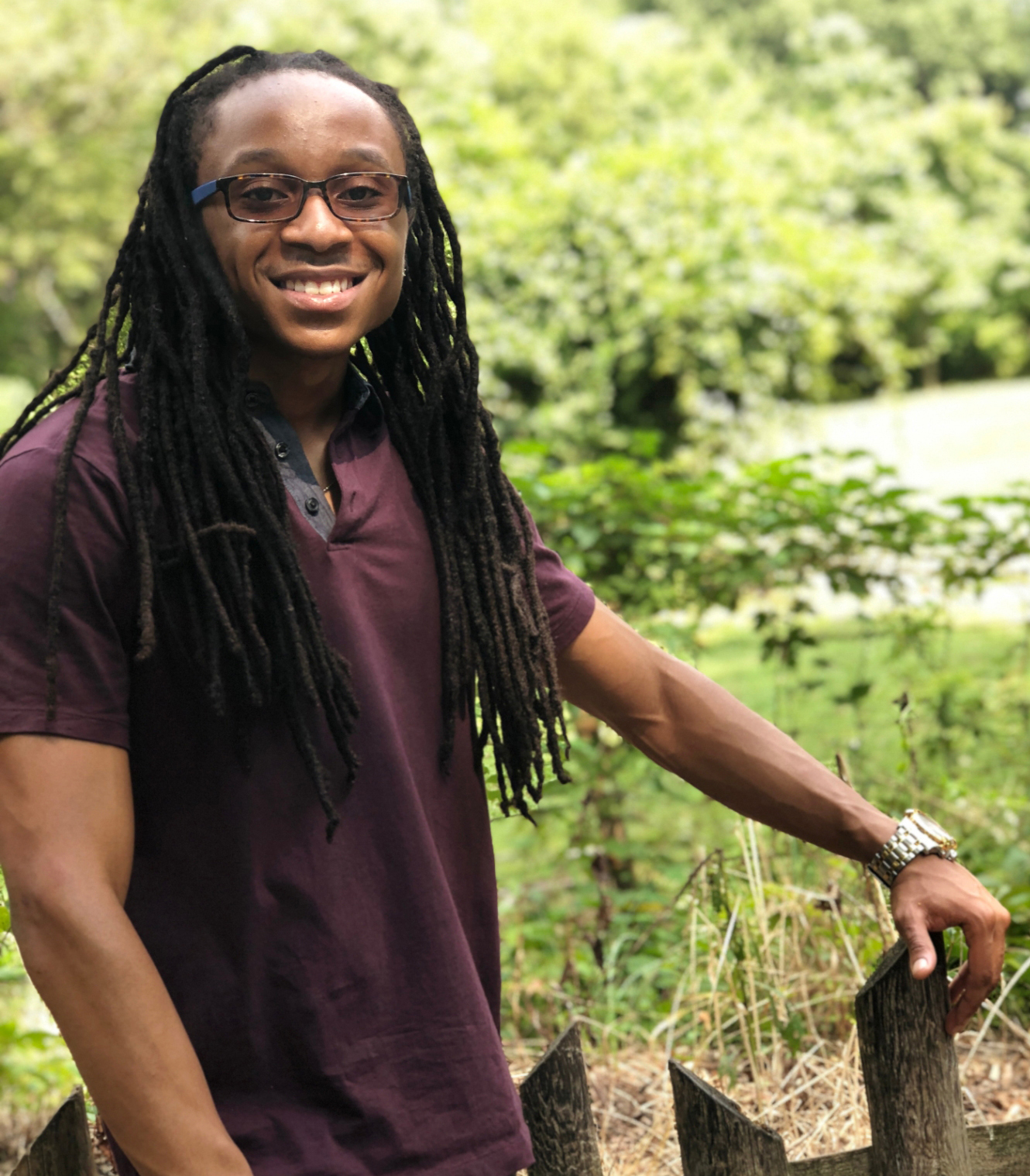Since early childhood, Dakota Paul ’16 was mesmerized by the doctors, nurses, and medical staff at the New York City hospital where his mom worked as an administrator. On days when she’d take him to work with her, Dakota would sit in awe as the staff calmly and cooly paced the floor, helping one patient get back on their feet, saving the life of the next.

Dakota was born and raised in the South Bronx and attended private parochial schools in downtown Manhattan. He describes his experience during this time as one in which code-switching was critical to navigating the cultural disparities between the Bronx and parts of lower Manhattan. By the ninth grade, unchallenged and uninspired by the stifling curriculum and the rigid student-teacher dynamics of his all-boys high school, Dakota began exploring boarding school options. “It felt like students didn’t have a say in their academic experience. You couldn’t question what you were learning, or why,” he recalled.
He was looking for a wholly different experience where his studies would parallel his interests and the depth of his intellect, and not be dictated by a one-size-fits-all approach to learning. But he wasn’t sure such a place existed.
An Innovative School
Dakota was accepted to several elite boarding schools, but still hadn’t found the right one, particularly because his academic interests were much broader than what he saw in the traditional high school curriculum.
Then he discovered Bard Academy at Simon’s Rock and was struck by its unique model: a two-year high school that prepared students to enter college after 10th grade. Intrigued, he immediately scheduled a visit to Great Barrington, met with several faculty members and students, and was accepted within the year. He joined Bard Academy in the 10th grade.
“What I noticed from day one in the Academy was that students were taken seriously as scholars,” says Dakota. He felt fortunate to be part of what felt like an innovative, experimental program in which the students had a hands-on role in the learning process. “When we asked questions, professors would really listen, and they weren’t shy about admitting when they were wrong. It was a completely different intellectual environment—the back and forth of ideas was inspiring.” At Bard Academy, Dakota thrived in the college-level learning sphere he’d been yearning for, acquiring new techniques for everything from the annotation of texts to how to effectively focus on and communicate complex ideas.
The more expansive intellectual relationships with his teachers and his fellow students in the Academy also gave Dakota solid footing on which to excel in college. As he prepared to matriculate from Bard Academy to Bard College at Simon’s Rock, Dakota felt he had a leg up on his peers that were coming from other high schools. “I still remember what that feeling was like—being 16 and moving from the Academy to the College. It was like, ‘Wow, I’m actually in college now.’ It required a high level of independence and agency, and it was something I was already used to,” he said.
Pursuing Medicine on His Own Terms
Even before entering Bard Academy, Dakota knew he wanted to go into the medical field. But he didn’t want to preclude the potential for finding another passion. At the Academy, “everything was crafted by us,” he recalls.
Both the college-level professors and the expansive curriculum inspired him to take classes in anthropology, philosophy, Mandarin, and a host of other subjects. This wide exploration helped him confirm his commitment to medicine as he matriculated to the College, and the interdisciplinary coursework both enhanced and refined his focus as a STEM student, where he eventually honed his studies to concentrate on neuroscience and biology.
Professors like Erin McMullin, faculty in biology, taught him to think critically and explain his arrival at difficult scientific questions. “Even in neurobiology our exams were open-answer,” he said. For instance, “we had to articulate what we thought the chemical problem in the brain was, and not just why we thought our answer was right, but why other answers were wrong.”
“Taking these different classes and seeing the world from different perspectives allowed me to integrate different ideas . . . like connecting philosophy to neurobiology. It helped me think about consciousness from a new perspective.”
Prepared for Graduate School and Beyond
After transitioning from Bard Academy to Bard College at Simon’s Rock, Dakota called upon a specific, personal experience to propel his thesis work. He had recently been helping care for his grandmother, who suffered from dementia, in his family’s home rather than placing her in a nursing facility.
He decided to center his college thesis on the epidemiology of dementia and its intersection with the U.S. public health system. “When it comes to healthcare policy, we tend to have a reactionary train of thought; we don’t deductively think about how we can solve the problem or its economic impact,” he said. The work ultimately convinced him there must be a more dignified and humane approach to caring for aging patients than much of what our healthcare system offers.
Today, with a grounding in the interdisciplinary Simon’s Rock approach to thinking, Dakota will extend his graduate studies to further his research in gerontology, where he aims to “revolutionize and improve the healthcare system through practice and research.”
Committed to finding a better way to prioritize patient care, he’s determined to take a leading role in turning his industry-changing aspirations into reality.